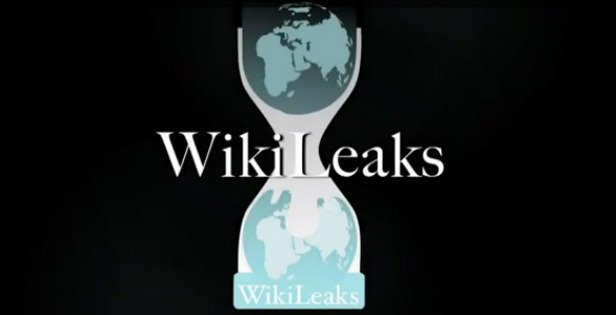The so-called Somali civil war cannot be regarded as entirely an internal affair. Several countries have provided support to the factions in the conflict. Somalia is subject to an arms embargo, so any such armed intervention, military aid or provision of arms and material is illegal under international law.

Is Somalia the next Iran? Or is it the next Afghanistan? While the west sleeps and celebrates the king of peace, the US‘s man on the ground, Ethiopia, has launched a covert invasion which may draw the entire horn of Africa into conflict. Somalia will soon be transformed, either into an Iranian-style Islamic republic or a reviled Ethiopian quisling, cursed with mujahideen and proxy wars. These events have been triggered by a remarkable new phenomenon. After 16 years of chaos and bloodshed, one faction in its civil war, the Union of Islamic Courts, has gone from being a minor player to being ready to wipe the last town held by the discredited UN-, US- and Ethiopian-backed regime from the map.
At this dramatic juncture, a secret Islamic order, purportedly written by the most important man in the Union, Sheik Aweys, has been leaked. It proclaims an Islamic Republic of Somalia. Its purported secrecy is underscored by its final directive: whosoever leaks this information and is found guilty should be shot. But is it genuine? Is it a bold manifesto by a flamboyant Islamic militant with links to Bin Laden? Or is it a clever smear by US intelligence, designed to discredit the Union, fracture Somali alliances and manipulate China? What is the future for Somalia?
Introduction
If we want to imagine a stereotype of poor African governance, or rather, no governance at all, Somalia’s history over the past 15 years provides a ready, if reluctant, example. Since 1991, battles between warlords and their militias, shifting from one stalemate to another, have crippled nearly every aspect of Somali society. The wounds of warlord lawlessness barely dried during the fearfully incompetent 1992-1995 UN-sanctioned US intervention. When the US fled, the wounds were opened afresh, and they have bled freely until early this year. No faction emerged as dominant; alliances shifted, battles were fought, but chaos remained.
But that was before the rise of Union of Islamic Courts (UIC). Only emerging in 2006 as a serious military force, they rapidly became ascendant, prosecuting an extraordinarily successful military, ideological, religious and social campaign. Putting to one side the northern semi-autonomous regions of Somali-land and Punt-land, the Islamic Courts are in effective control of the entire country except for the town of Baidoa near the Ethiopian border.
It may be somewhat surprising to hear of courts – ostensibly judicial bodies – fighting in a civil war. But the Union of Islamic Courts is precisely that: a loose affiliation of disparate judges and courts practicing Islamic or Sharia law. Their unusual quasi-federalist structure has united Somali clans and language groups. Originally dealing with local issues such as petty crime and business disputes, they expanded to fill a vacuum in education, health care and policing. Backed by smuggled weapons from sympathetic countries, the militias which enforced their decisions have become a formidable force.
And while the Islamic Courts strike boldly, one of their leaders preaches boldly – the purported author of the leaked secret document, Sheikh Hassan Dahir Aweys.The US listed him as ‘linked to terrorism’ after he led a militant Islamic group in the 1990s, and refuses to deal with him. With a red flame of a beard, Koran close to hand and scores of machine guns and anti-aircraft guns at his command, Aweys typifies the firebrand cleric. He fought and was decorated in the 1977 Ogaden war against Ethiopia, and is regarded as the military genius behind the Islamic Courts’ recent successes. At 61 years old, he does not fight directly, but reportedly organizes training and strategy. He heads the courts’ shura consultative council, and is regarded as the spiritual leader of the organization. Privately soft-spoken and calm, he is a Muslim scholar and lives in a middle class suburb of Mogadishu. He’s strong on building community, but his public rhetoric has also been confrontational and expansionist, calling for war against Ethiopian forces in Somalia and for a ‘greater Somalia’ incorporating ethnic Somali regions of Ethiopia and Kenya.
Meanwhile on the ground, a crucial deadline has come and gone for foreign troops to leave the one remaining holdout of Baidoa. In response Ethiopia has launched an invasion of Somalia with uncertain objectives. There is an imminent risk of wider regional war; there is currently covert involvement by a number of other neighboring countries and overt involvement by the African Union (AU), the UN and the US.
TO BE CONTINUED…….NEXT WEEK